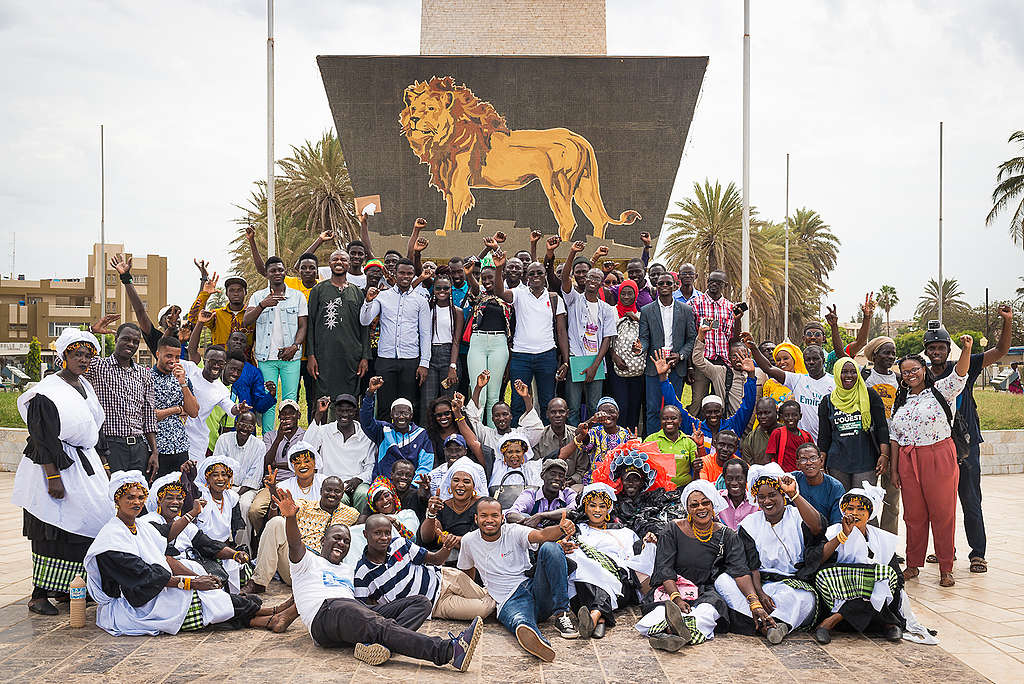At 1am July 25 2020 in Tokyo, Mr. Junichiro Ikeda, then-CEO of shipping company Mitsui O.S.K. Lines (MOL), was most likely already in bed. At the same time in London, Bernard Looney, CEO of British Petroleum (BP), was probably enjoying a most pleasant weekend. Both have probably had a rather routine day. In many ways a forgettable one.
For the 1.2 million inhabitants of Mauritius, it didn’t turn out quite the same way. On a somewhat cloudy evening, the island nation was struck by the worst environmental disaster in its history.
The Wakashio, one of the world’s largest capesize bulk carriers, was making its way from China to Brazil, passing through the Indian Ocean. As it was approaching the southern coast of Mauritius, it ran aground onto a coral reef. A few days later, the giant vessel, operated by MOL, began leaking its fuel oil (supplied by BP) into a pristine lagoon of the East African country.
As the ship slowly broke apart in the middle of August, Mauritius’ waters and shorelines became drenched in almost 1000 tonnes of toxic fuel oil, destroying the livelihood of countless fishermen and tourism workers. Thousands risked their health as they were fighting the oil spill often with their own bare hands and building protective booms made from their own hair.
The Mauritian government rushed to sink the front part of the Wakashio into a nursing ground of whales (despite warnings from environmental organisations). We may never know whether this action contributed to more than 50 whale and dolphin carcasses washing ashore since no information has been disclosed publicly. At least three crew members of a tugboat lost their lives, while attempting to remove as much of the oil as they could.
Sadly, the government of Mauritius chose to shield the corporations and to withhold vital information from the public. One year later, there has been no transparency about the exact kind of oil that leaked or why the front section of the ship was sunk instead of being towed away and recycled. There has been no disclosure of the necropsies conducted on the dolphin carcasses. No assessment of the ecological damage has been conducted. The terms of the compensation package from MOL remain confidential, and the risk of further mini-spills and damages remain for as long as the dismantling of the vessel drags on. Much of the affected area remains inaccessible to scientists, NGOs and media.
After the disaster, Mr. Junichiro Ikeda of MOL rushed to apologize and pledged that “the Wakashio incident must never be allowed to happen again”. But the sad truth is that since the Wakashio ran aground many other shipping and oil-related “incidents” have continued to happen, from Venezuela through Sri Lanka to Israel. Other disasters are looming as we write these lines, such as the threat posed by the FSO Safer oil tanker, rusting away in Yemen’s Red Sea Coast. These are dismal examples of the dysfunctions of the shipping and fossil fuel industries, and of world governments whose role is to regulate them.
As uncomfortable as it is, there is no safe way to extract or to burn oil and there is no safe way of transporting it either. The industry knows it, but doesn’t feel the need to change, even in the midst of a triple crisis of climate, biodiversity and pollution. The global shipping industry is responsible for transporting 90% of global goods and is projected to account for 17% of global emissions by 2050, while excluding itself from the Paris Agreement. Yet world governments and the International Maritime Organisation (IMO) continue to allow it to operate with impunity, ignoring calls for tighter regulation and resisting any path to decarbonisation.
In the past year, BP has seen profits drop and bounce back up, mostly due to COVID-19, while MOL maintained its status as the world’s second largest shipowner. BP and MOL have quickly moved on from July 25. Many Mauritians are unable to simply move on as they still live with the consequences. It is vital that the rest of us do not simply move on either; the world cannot afford to forget this tragedy.
If we fail to remember, world leaders and the IMO will continue to act with complacency, without challenging the business model of giants like BP and MOL. They will continue to treat the climate crisis through tweets instead of bold policies and action. Oil spills will continue to occur. Wildfires will continue to spread. Floods and cyclones will continue to strike and extreme heat will continue to kill.
However, such disasters can become a green turning point. In Mauritius, the government finally requested to declare its territorial waters a “particularly sensitive sea area,” as proposed by Greenpeace last year. Even more encouragingly, young Mauritians are now rising to protect their island’s wetlands, trees, and mangroves. They march in the streets of Port Louis and join organisations for change. More and more African youth are rising to resist the postcolonial and reckless capitalist destruction of their countries in the face of a potentially catastrophic climate crisis. Only by supporting them in the fight for real solutions may the memory of July 25 be honored.
WC: 866
Bruneau Laurette is a Mauritian social activist.
Rama Valayden is the former Attorney General of Mauritius, a social worker and a politician.
Melita Steele and Hisayo Takada are Programme Directors for Greenpeace Africa and Greenpeace Japan respectively.
 Get Involved
Get Involved
